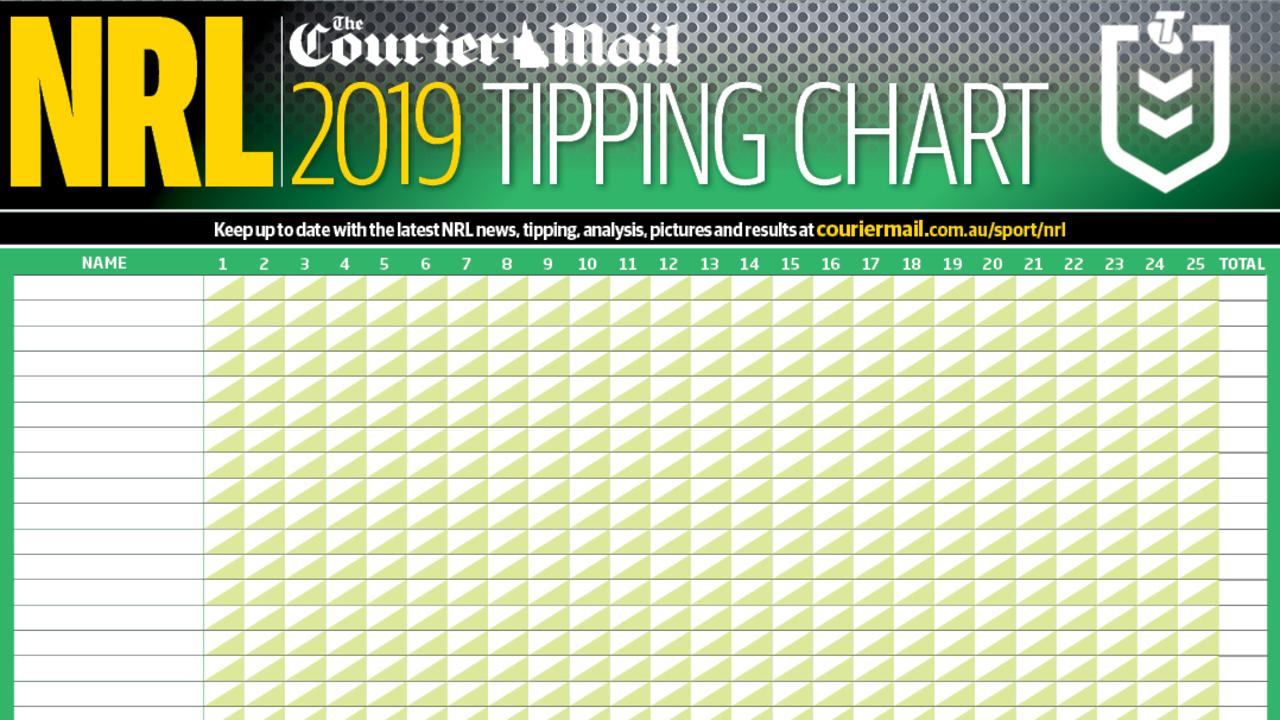Ninety per cent of players who have fought charges at judiciary in 2016 have had cases thrown out
ALMOST 90 per cent of players who front the NRL judiciary panel to fight charges have had their case thrown out this season.
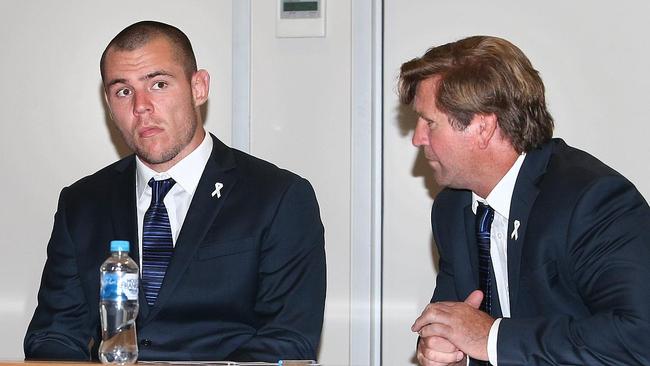
Footy Form
Don't miss out on the headlines from Footy Form. Followed categories will be added to My News.
ALMOST 90 per cent of players who front the NRL judiciary panel to fight charges have had their case thrown out this season, leading to former match review committee chairman Greg McCallum to predict more players will opt to contest any future charges.
And the NRL say they are monitoring the current judicial process, admitting they will overhaul the system if required.
Figures provided by Fox Sports Stats show seven out of the eight players who have disputed the grading of a charge or the charge itself, have been found not guilty and free to play.
In total 32 players have been charged after four weeks of the NRL competition, leading to 24 early guilty pleas.
Of the eight players who have fronted the judiciary to fight their charge; five have been exonerated, two have successfully disputed the grading and one, Newcastle Sione Matutia, has been found guilty.
Boasting over a 50-per cent strike rate of judiciary prosecutions and 83 per cent early pleas over a decade in his role with the NRL, McCallum said this year’s numbers could lead to more players testing their fate at the judiciary.
“The contested cases, that’s where the precedence is set and where the arguments are really about gradings of things,’’ McCallum said.
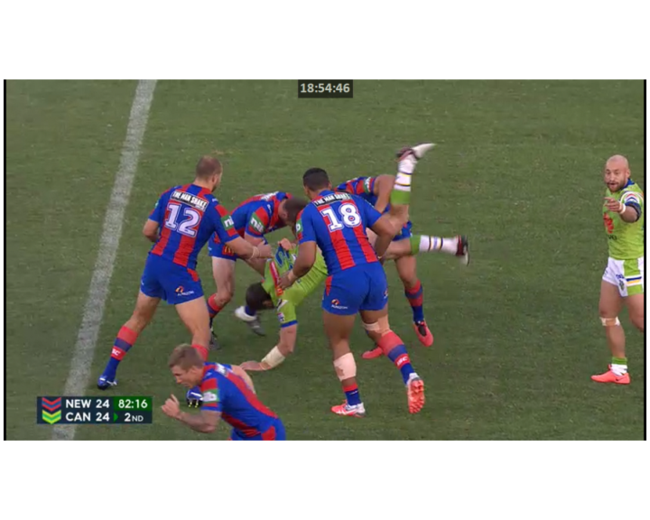
“Downgradings really can set a precedence. If there is a swing heavily in favour of the players, then the whole system of gradings gets dragged down.
“If those percentages of exonerations are creeping up, then clubs will think the guys are off the mark a bit and that will challenge them to go to the judiciary.
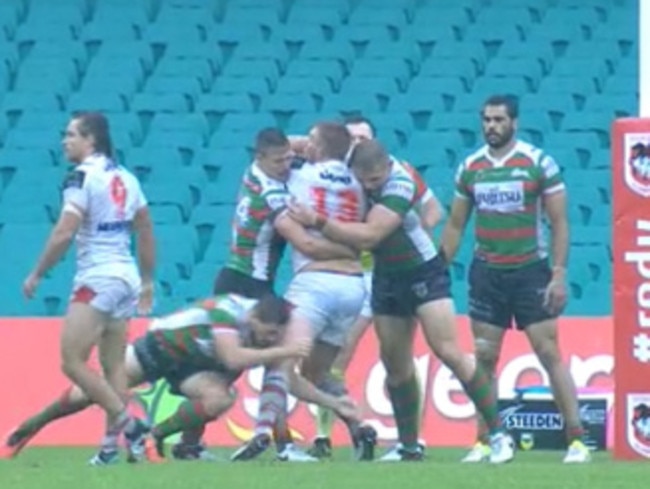
“At the moment you’d be inclined to take the risk.
“You’ve still got to do the math, in case it ends up being four weeks instead of two, but I would say given the success the players are having, you’d be inclined to want to test it out.’’
McCallum, who stood down from his role in 2013, stopped short of suggesting there was a disconnect between those laying the charges and those hearing cases.
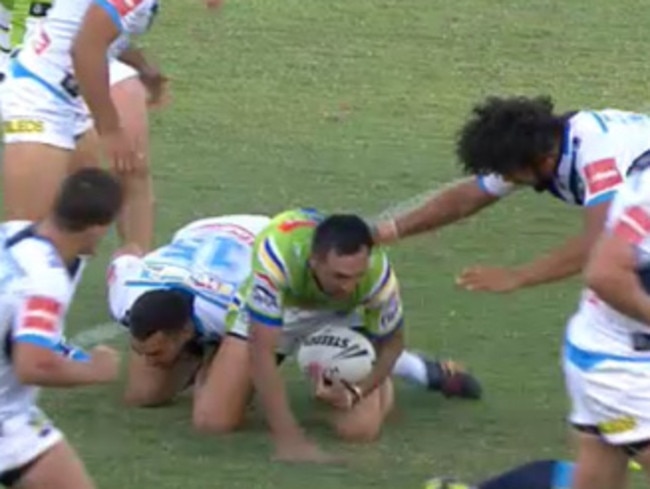
“I can’t comment on the current prosecutor of the NRL (Peter McGrath), but I know that (former NRL prosecutor) Peter Kite and I were on the same page,’’ McCallum said.
“Even if Peter didn’t really agree with what we’d charged when we briefed him, he accepted the brief and prosecuted accordingly.
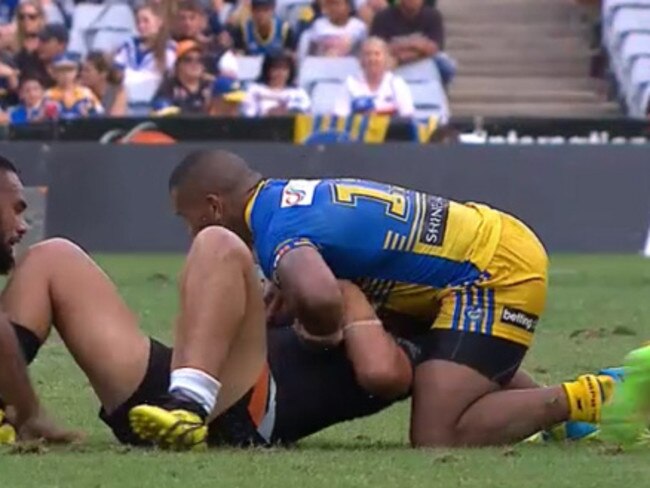
“It could be that a new prosecutor with a new match review chairman in Michael Buettner, maybe they’re still working out their situation and the message of the match review isn’t getting through to the prosecutor like it needs too.
“They’re the type of things you’ve got to look at.’’
NRL general manager of football operations Nathan McGuirk said the governing body were watching the numbers closely.
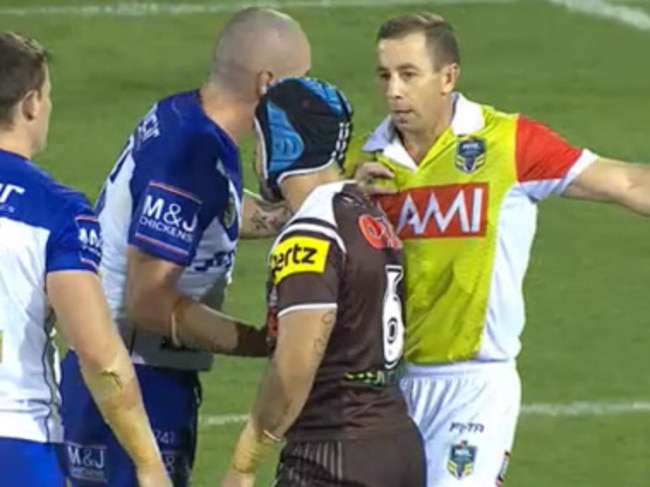
“Clearly that figure after only four rounds is higher this year and it is something we are monitoring,” McGuirk said.
“The whole point of the judiciary hearing is to give players a chance to put forward all the evidence and any mitigating factors before an independent panel, rather than just relying on the video evidence.
“So we expect a balance in the decision making ... across each season we would expect some players to be found guilty and others not guilty.
“We have shown in the past that we are prepared to make any changes to ensure the system continues to deliver fair results and that is why we are monitoring the current judiciary results.”
Originally published as Ninety per cent of players who have fought charges at judiciary in 2016 have had cases thrown out




